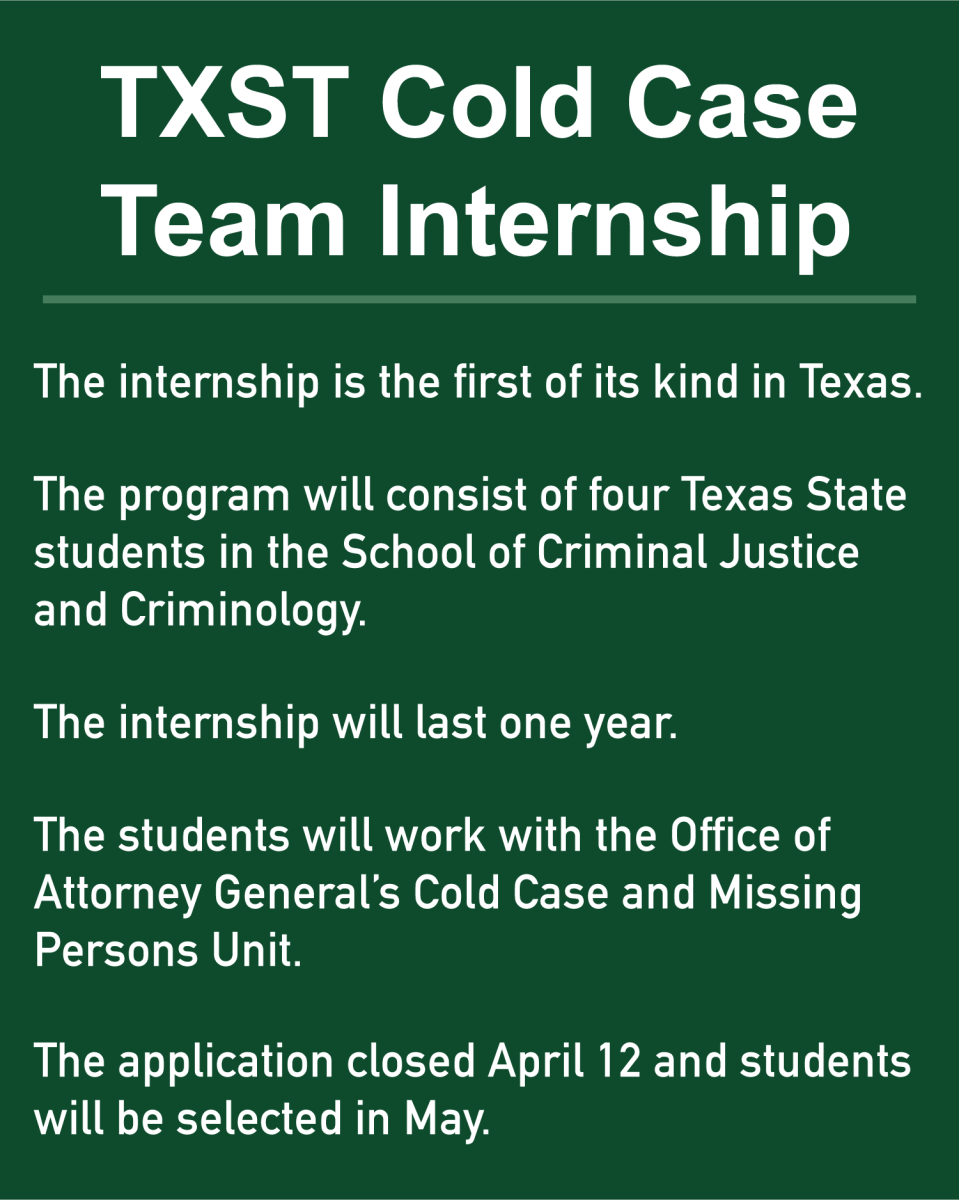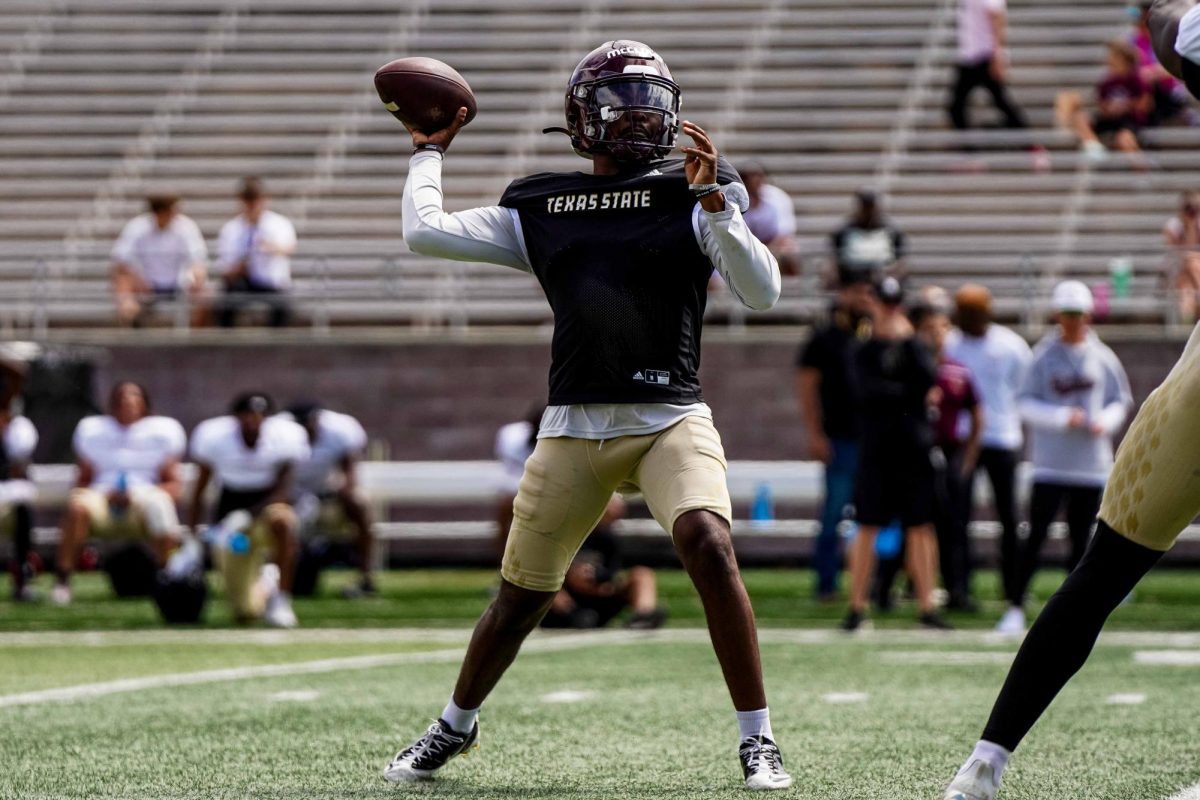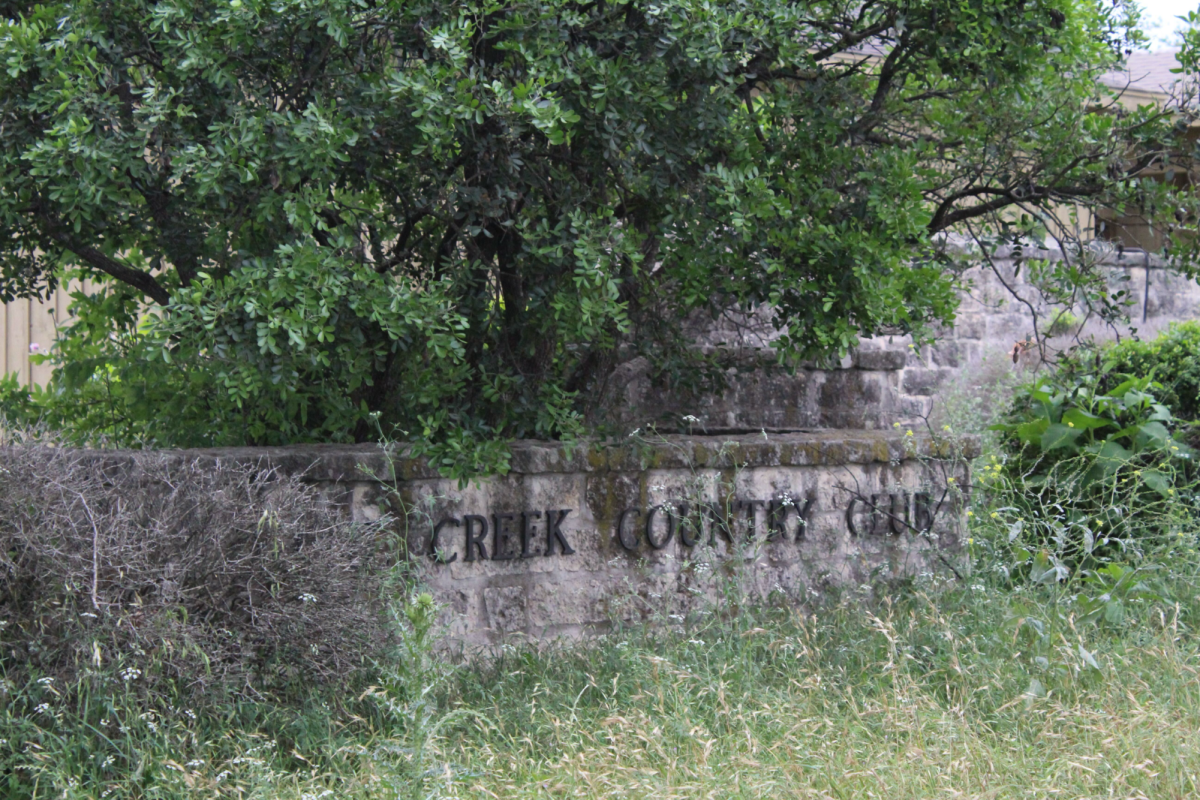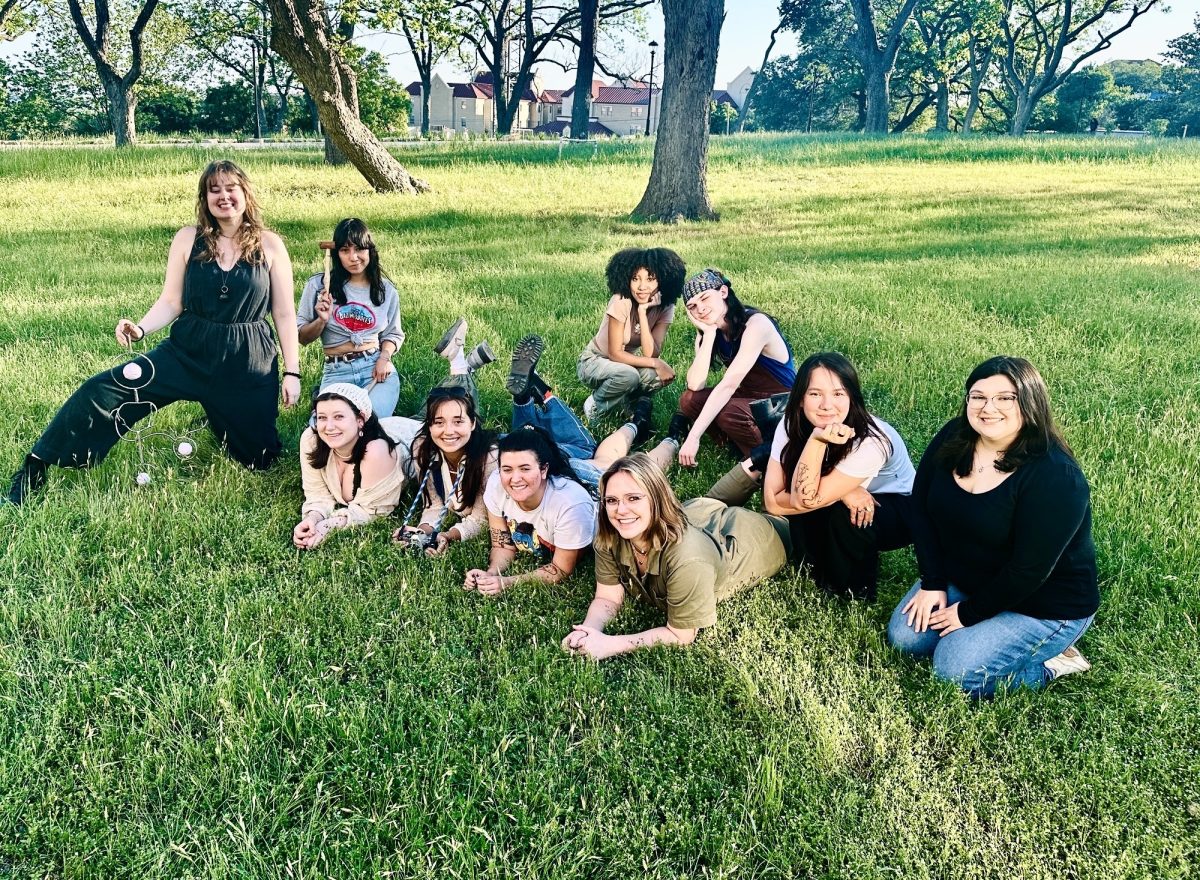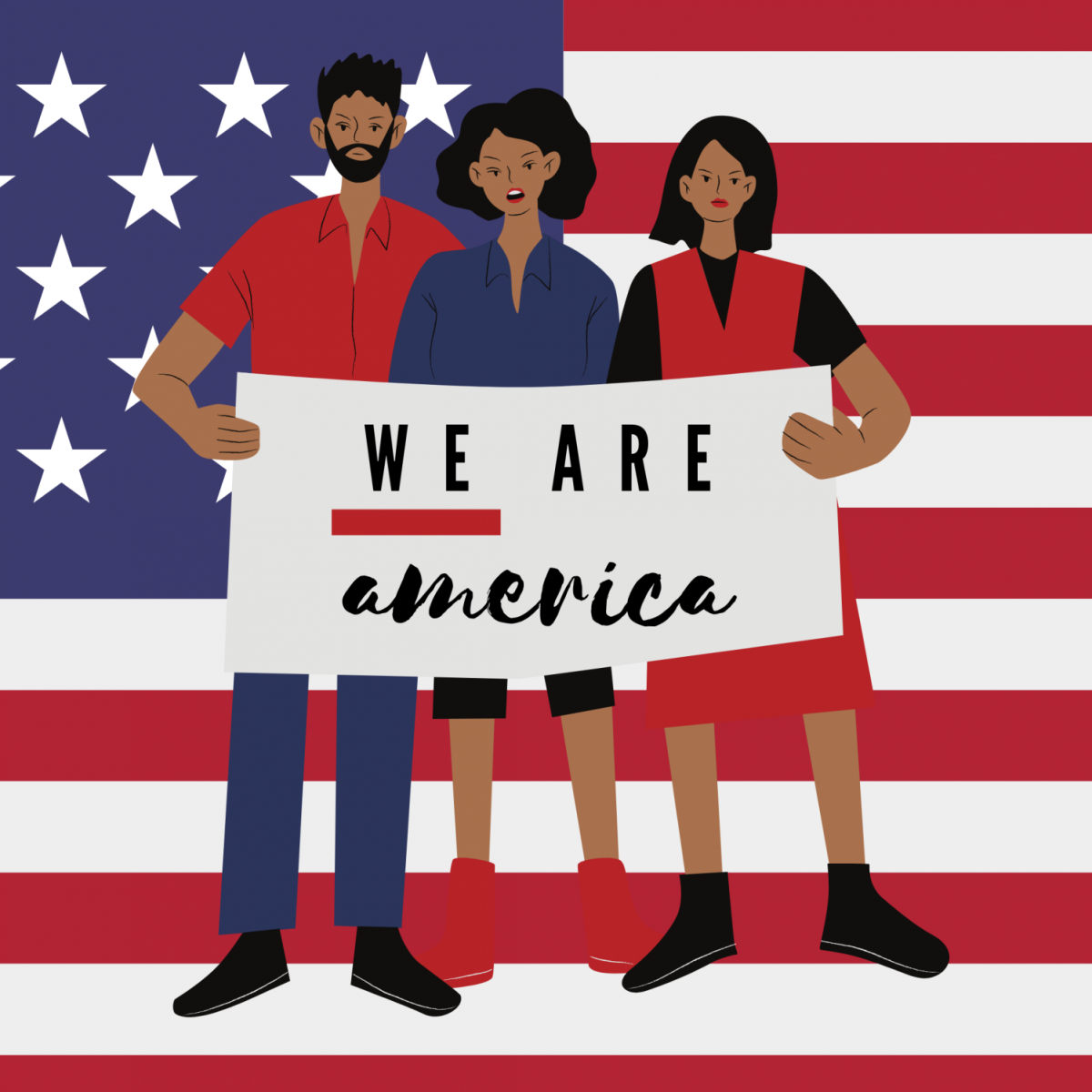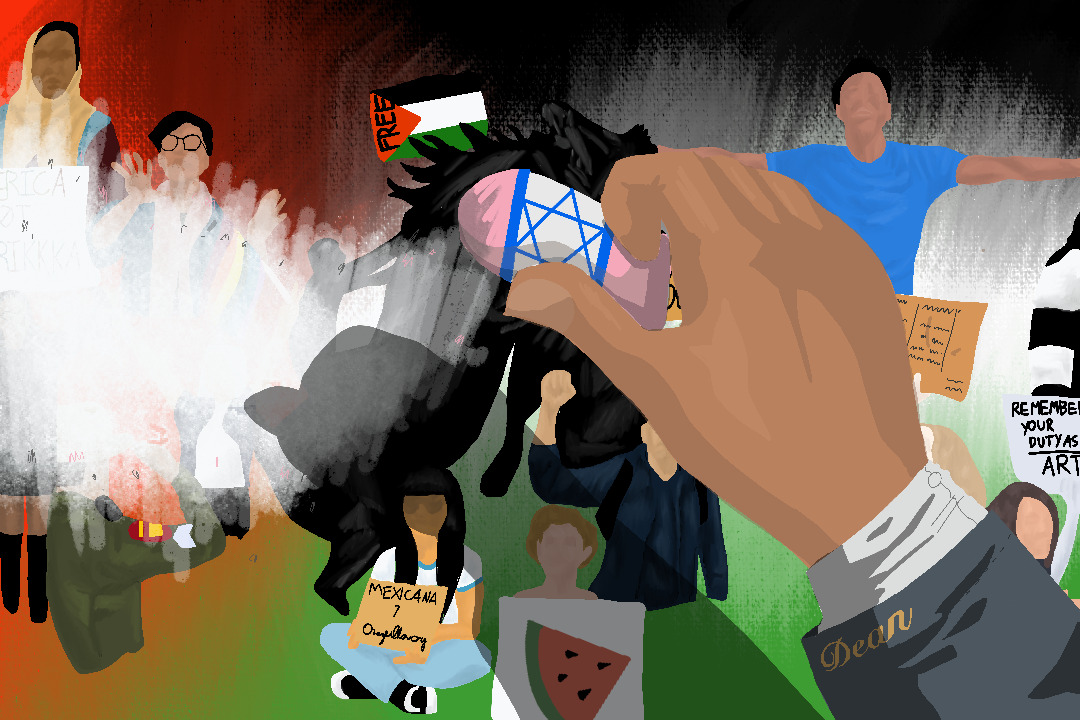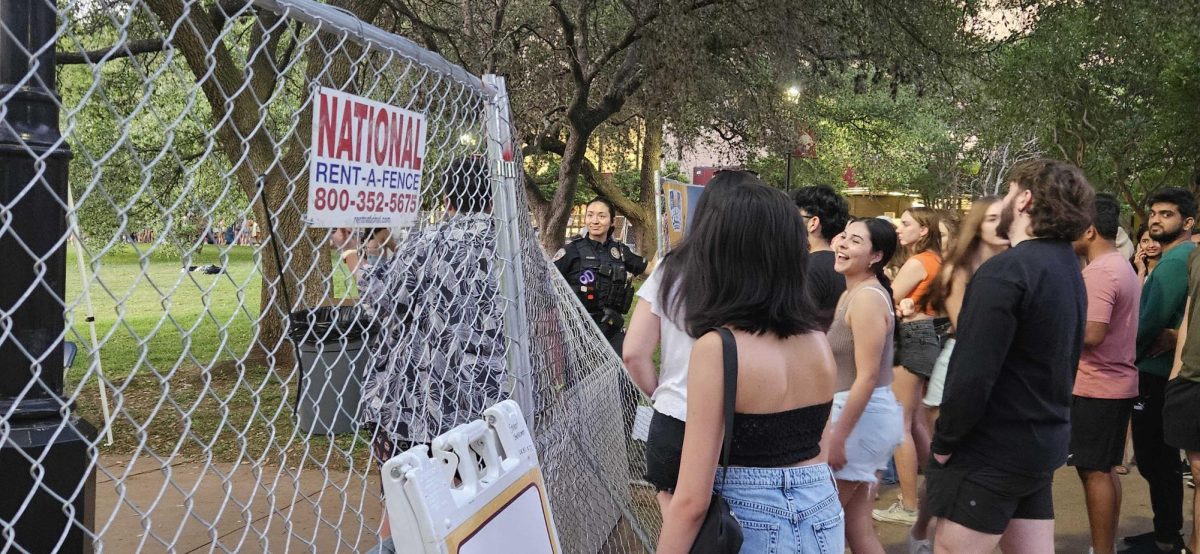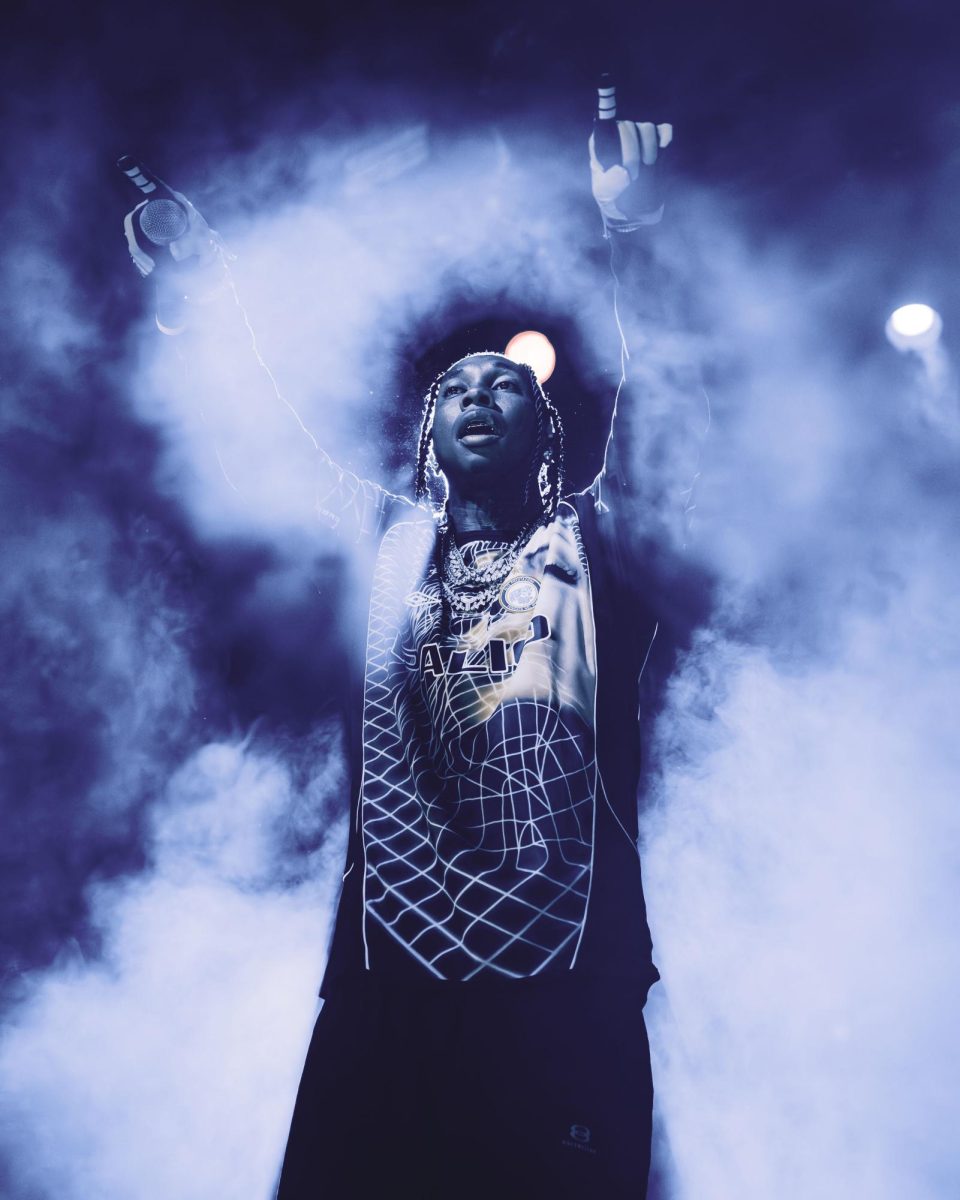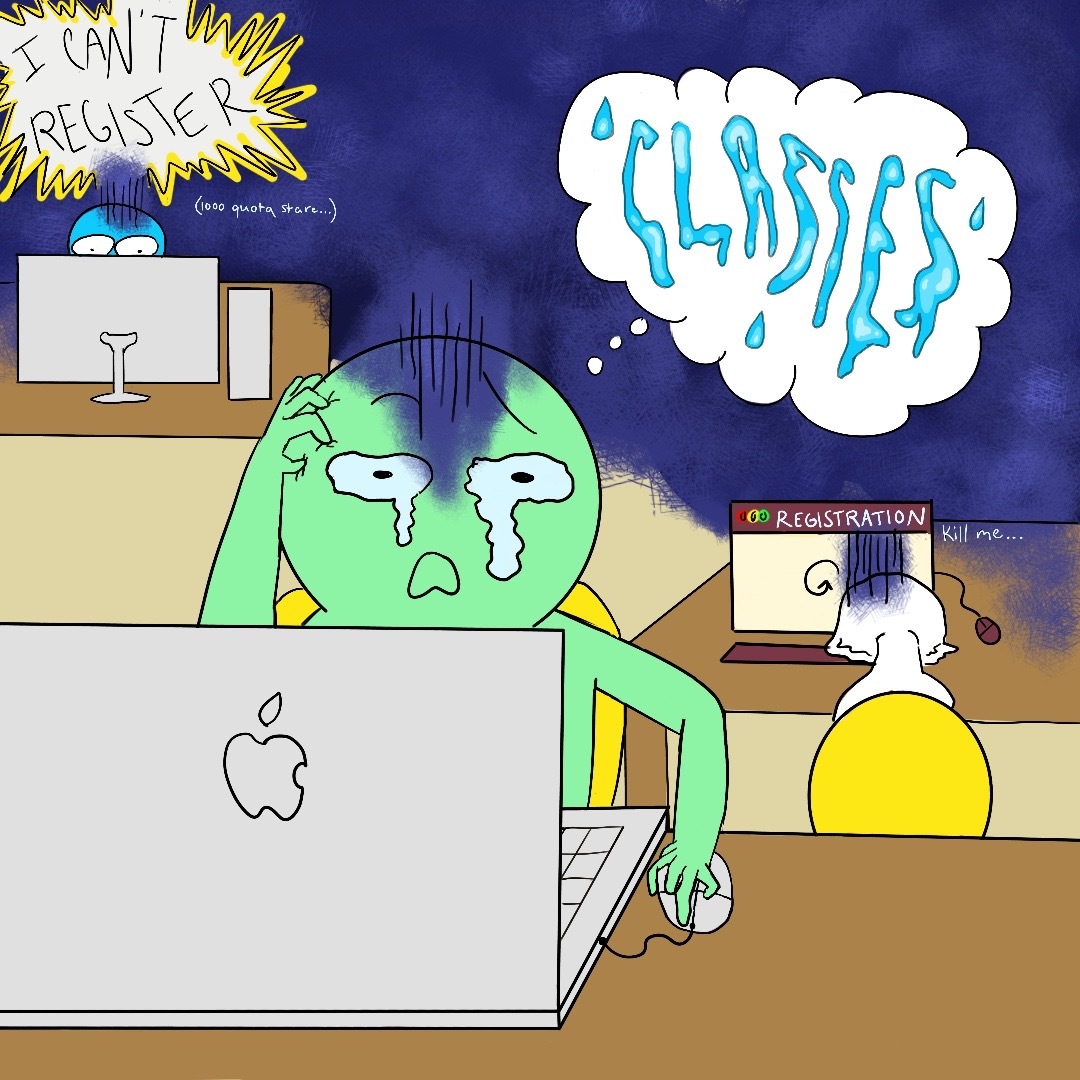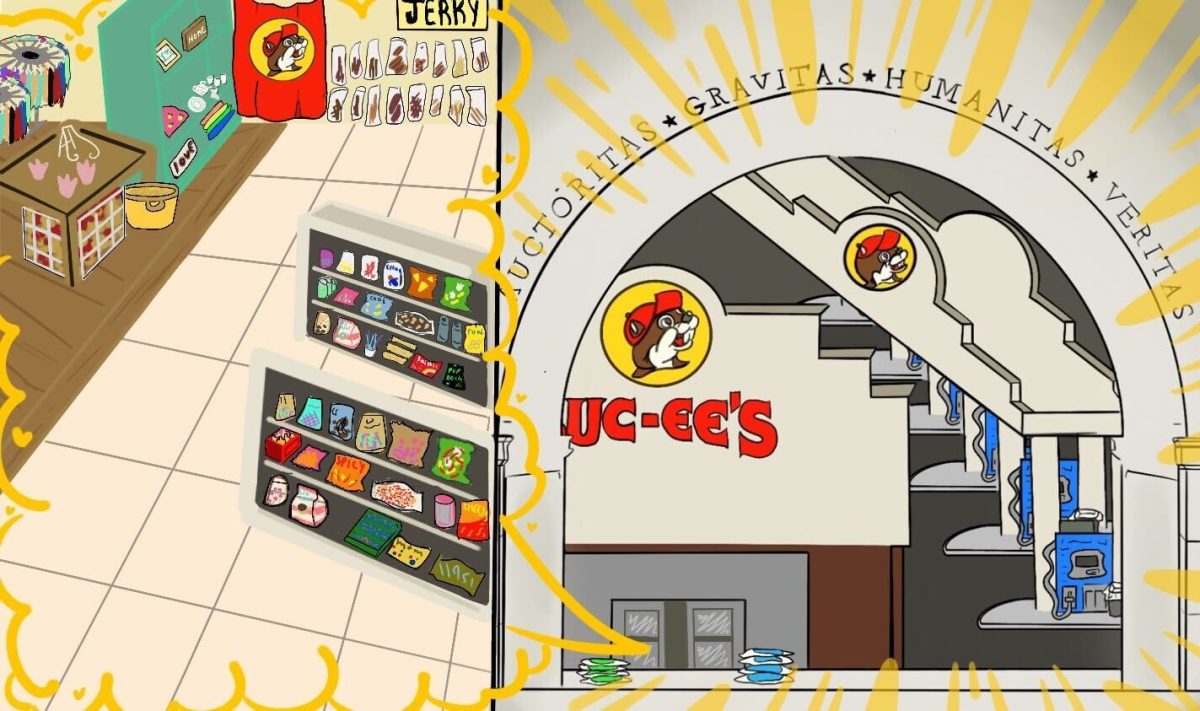People of color exude resilience, innovation and a desire to succeed; however, despite the contributions they make to society, they continue to be placed at a disadvantage and abused by systems that reject their sacrifice.
The most recent and disturbing example of the mistreatment POC often face is the case of Vanessa Guillen. Guillen, a Hispanic U.S. soldier based in Fort Hood, went missing April 22. After her remains were found, people across Texas called for further investigation into her death, reprimanding Fort Hood officials for not locating her sooner.
In comparison, an incident revolving around missing military equipment in 2012 caused 100 soldiers to be confined to their barracks; a criminal investigation was launched, and a reward was offered. Guillen was serving her country, yet her disappearance received less attention than misplaced equipment.
Guillen’s base failed her. They allowed her to be sexually harassed, threatened and murdered while on duty. This was no oversight; it was indifference.
Guillen, like many, enlisted in the military shortly after high school. As of 2019, Texas is fourth among states with the highest average number of military enlistees over the last five years, likely because military recruiters actively target low-income and minority-majority communities.
The benefits military recruiters offer, like money for education, comprehensive healthcare and subsidized food and housing entice POC who are facing hardships. For many who are yearning for a better future, these benefits look incredibly appealing.
The controversial No Child Left Behind Act, signed by President George W. Bush in 2002, allowed recruiters as much access to educational institutions and student information as college recruiters. The NCLBA was replaced by the Every Student Succeeds Act signed by President Barack Obama in 2015. Although changes were made to allow parents to limit recruiter access, the new act still provides significant power to military recruiters.
With almost unlimited access to student information, military recruiters can deliberately target young POC struggling with financial insecurity to get them to join their program in exchange for physical demands and eternal commitment; this is exploitative.
If students decide to enlist for these benefits when they graduate, they are immediately set on a path that may not bring them the security and comfort they imagined because advertised benefits for joining the military can be misleading.
Recruiters often lie about how easy it is to quit the military or report misconduct. A faster path toward citizenship for immigrants is also dangled as an incentive for enlisting even though gaining citizenship is not easier, despite the ability to apply quicker. Military recruiters knowingly take advantage of impressionable students and offer incentives that seemingly outweigh the risk of enlisting.
It is evident that POC showing devotion to their country does not eliminate the disadvantages or abuse they are subject to. Their effort, no matter how grueling or “equal,” will never be enough to be deemed significant.
Amid the global pandemic, similar notions continue to be exposed as those most affected on the front lines are POC. These are people risking their health to keep their country economically afloat yet they get punished in return.
According to the Centers for Disease Control and Prevention, there is “increasing evidence that some racial and ethnic minority groups are being disproportionately affected by COVID-19.” Hays County reports that 40.4% of residents diagnosed with COVID-19 are Hispanic.
Black Texans make up only about 12% of the state’s population but account for a disproportionate share of infections and deaths, both at 14.6%. The state’s Latinx community makes up about 40% of the population but accounts for more than half the state’s COVID-19 infections. 33.6% of those who died from COVID-19 were Hispanic.
The U.S. Bureau of Labor Statistics reports Hispanics are substantially overrepresented in occupational categories including painters, construction, maintenance, miscellaneous agricultural workers and housekeeping cleaners. Additionally, Black women and men account for more than one-quarter of occupations like nursing, home health aides, security guards and gaming surveillance officers. The majority of the tasks associated with these occupations cannot be completed from home.
The Black and Latinx communities are the ones most affected by COVID-19 and disadvantaged from unemployment and from lack of government aid. Even as the unemployment rate decreases, they are the ones left behind because, despite all their sacrifice and hard work, the payoff is nowhere near equal or worth what their white counterparts receive. This targeted pattern of abuse within society has served as a constant reminder that minorities do not get the help and respect they deserve.
The exploitation of POC starts with vulnerable youth, and it follows them through adulthood; the cycle must be broken. Acts of patriotism are not enough, and one should begin to wonder if anything ever will be.
– Delilah Alvarado is a journalism senior
The University Star welcomes Letters to the Editor from its readers. All submissions are reviewed and considered by the Editor-in-Chief and Opinion Editor for publication. Not all letters are guaranteed for publication.

